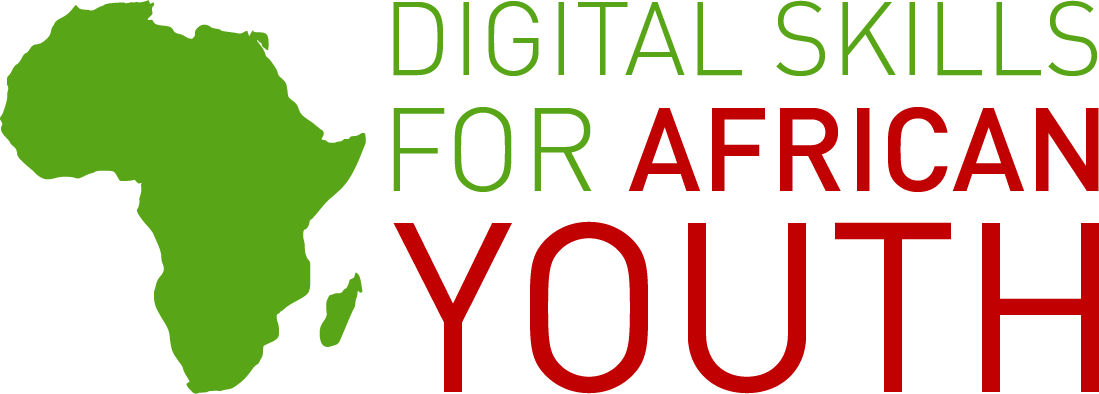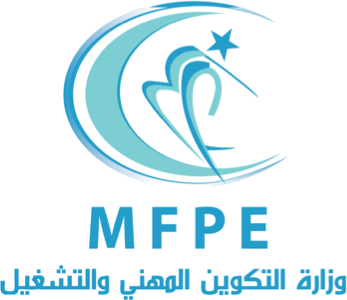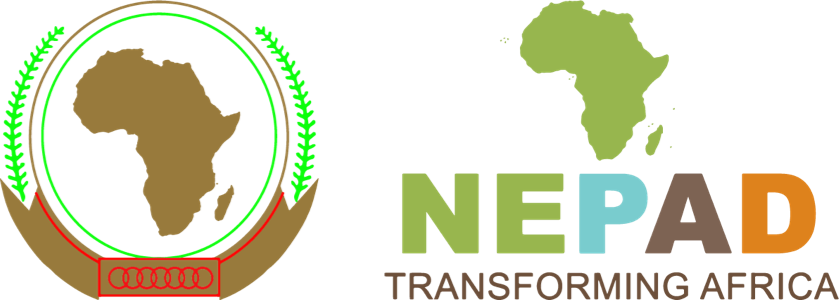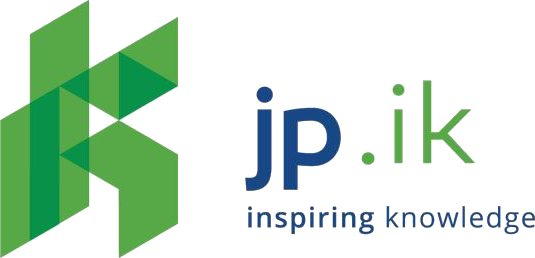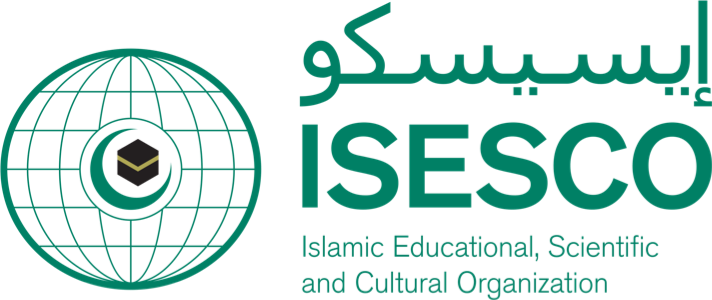Transforming Education: The Power of ICT Policies (UNESCO, 2011)
In 2011, UNESCO published the results of its program of research, consultation and dialogue on policies regarding ICT in education. To contribute to the current debate on technology and learning, the report reviews contemporary challenges for and approaches to public policy in this area and provides road maps to assist policy-makers in planning the integration of technology in the education system.
Information and communication technology (ICT) is a matter of growing importance for public policy. Not only can ICT transform teaching practices and lead to better and more enjoyable learning, but also, looking beyond the education sector, it can be a new source of economic growth and a powerful lever of social transformation. Its ripple effects and social and economic impacts give ICT the potential to participate in the creation of a knowledge society and economy.
Thus, the requirement of efficient education systems, above and beyond the redefinition of both access to knowledge and the design and delivery of instruction, depends on pupils’ ability to use ICT. This book, which is based on case studies in five countries at varied levels of development (Singapore, Namibia, Jordan, Uruguay and Rwanda), shows how important it is for educational ICT policies to be linked to clear policy objectives and to translate them into appropriate strategies and plans.
Access to ICT infrastructure and equipment, teachers’ ICT skills and monitoring of the policies implemented are the three keys to their effectiveness.
The ICT policies concerning education in the countries studied all display a vision of ICT as a crucial factor in the transition to an information economy and a knowledge society, bringing a very substantial return on investment. Implemented as a coordinated change of all components of the education system (practices, teachers’ professional development, programs, school organization, etc.) aligned with these objectives of economic development and social progress, ICT-related policies and programs help to bring about the transformation of education, and hence of the country and its citizens. The school system becomes a learning organization in which all stakeholders are involved, share and create knowledge, thus contributing to the economic and social development of their country.
The full UNESCO report is available here.
